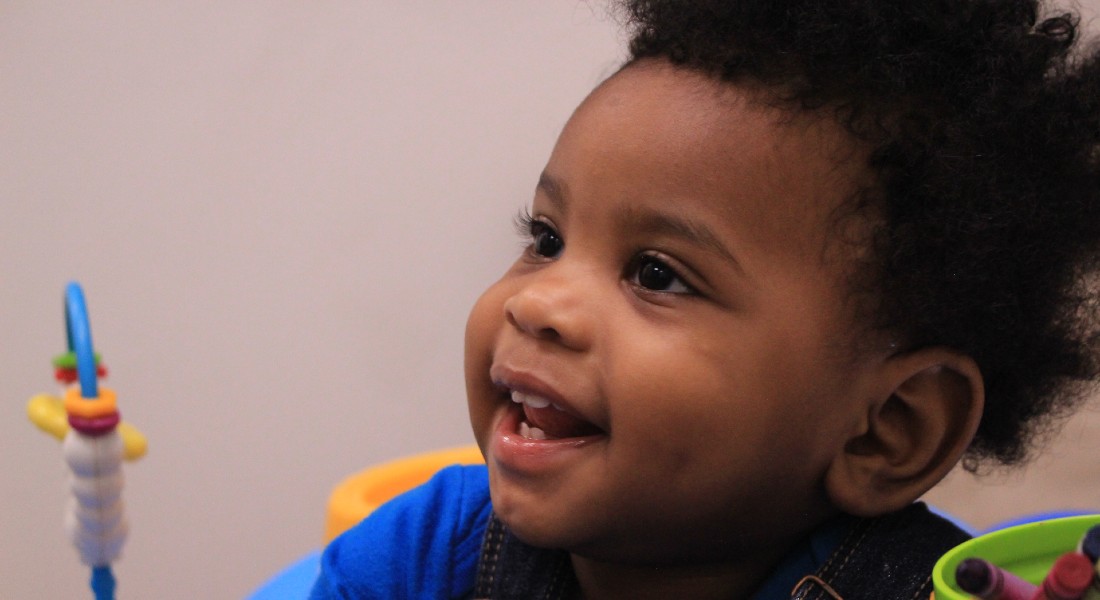What can curious infants teach us about how we learn?
With a DKK 6.2 million grant from Independent Research Fund Denmark, Cognitive Neuroscientist Katarina Begus will be leading a research project on how infants use their curiosity to learn. The project aims to provide unique insights into how our curiosity develops and helps us learn.

Curiosity has long been considered a crucial, yet elusive, factor of learning in education. Despite its impact on our life and wellbeing, there is little consensus on how to define, measure, or foster curiosity - or on how it brings about learning.
With a new DKK 6.2 million Sapere Aude grant from Independent Research Fund Denmark, Principal Investigator Katarina Begus will study curiosity in infancy, to provide unique insights into the mechanisms of curiosity and how it drives learning.
Previous studies have shown infants as curious and active learners, but what motivates their curious behaviour is still not known.
“How does curiosity develop? And what factors may shape its development? Those are some of the questions we will be asking in the study,” explains Katarina Begus.
The project will study infants during their second year of life, which is when most information seeking behaviours emerge. The researchers will combine multiple experiments using neural measures investigating the mechanisms supporting learning, with measures of infants’ social interactions over time. This is done to provide insights into how individuals come to differ in their information seeking behaviours and learning and how best to foster young children’s curiosity.
“With the results of this project, we hope to inform educators and parents on how to foster supportive learning environments. The work could also be relevant for parents suffering from anxiety or depression, whose infants may be exposed to atypical social input; and to children with developmental disorders, who diverge from typical information seeking strategies,” says Katarina Begus.
About the study
The study ‘What motivates infant learning?’ will involve 80 infants, who will be tested when they are 12, 18 and 24 months old.
Using the latest neuro-cognitive approaches to studying infant cognition, the project will
- Propose three potential motivational mechanisms driving learning
- Track the stability and individual variability in these processes over the infants’ second year of life, when most information seeking behaviours emerge.
- Examine social factors and how they influence the development of curiosity, by studying infants’ interactions with their caregivers.
The project is supported with a Sapere Aude grant of DKK 6,173,712 from Independent Research Fund Denmark.
The Sapere Aude Grant (Sapere Aude: “dare to know”) is aimed at providing excellent younger researchers, who have carried out top class research in their field, with the opportunity to develop and strengthen their research ideas.
Contact
Visiting Post-Doctoral Research Fellow Katarina Begus
Centre for Early Childhood Cognition
Department of Psychology
University of Copenhagen
Phone: +45 35324800
E-mail: katarina.begus@gmail.com
